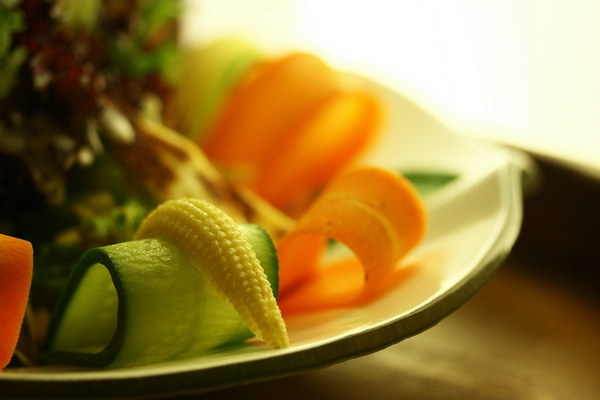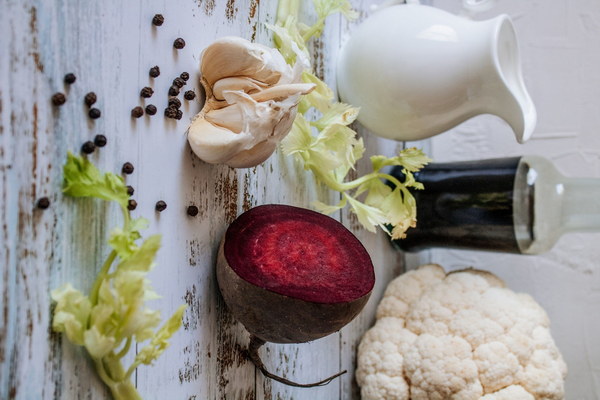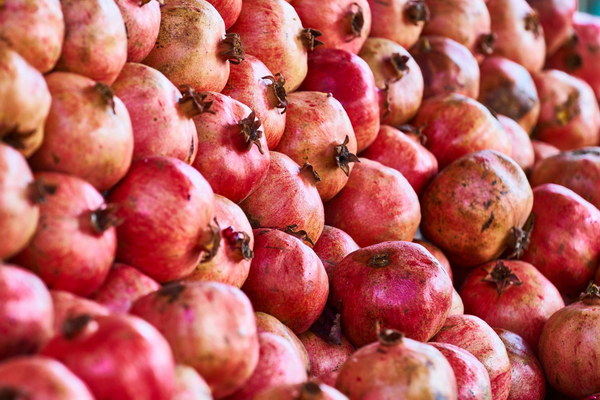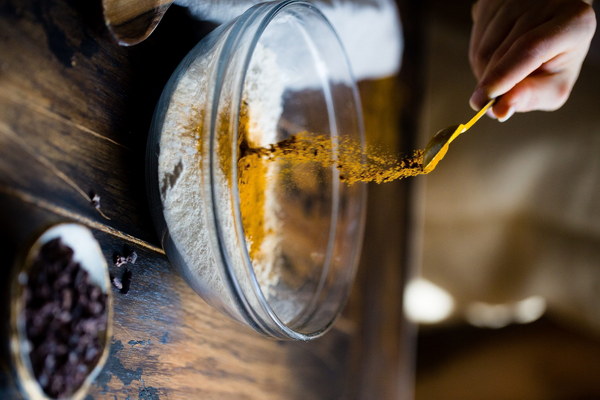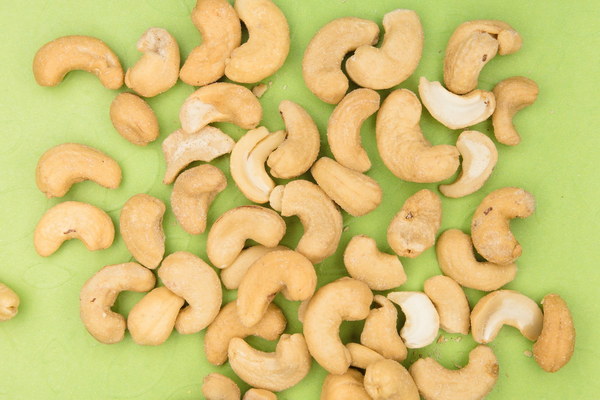Revitalize Your Health with Xu Wening's Traditional Winter Nourishment Tips
As the world transitions from the vibrant energy of autumn to the quieter, more inward-looking energy of winter, traditional Chinese medicine (TCM) offers a unique approach to health and wellness. One of the most celebrated practices is Xu Wening's method of winter nourishment, which focuses on balancing the body's internal systems to prepare for the colder months ahead. In this article, we'll delve into the wisdom of Xu Wening and discover how to embrace the season with balanced health.
Xu Wening, a renowned Chinese herbalist and TCM practitioner, believes that the key to staying healthy during winter lies in nourishing the body's yin and yang energies. According to TCM, these two forces are in constant flux within us, and during the winter, yin energy tends to dominate, while yang energy diminishes. By focusing on balancing these energies, we can ensure that our bodies are well-prepared to face the challenges of the cold season.
The first step in Xu Wening's winter nourishment strategy is to adjust one's diet. Cold weather can weaken the digestive system, making it more difficult for the body to absorb nutrients. To combat this, Xu Wening recommends incorporating warm, nourishing foods into your meals. These include root vegetables like carrots, beets, and sweet potatoes, which are known to replenish the body's yin energy. Additionally, foods rich in omega-3 fatty acids, such as fatty fish and flaxseeds, can help to support the immune system and keep the body warm.
In addition to adjusting your diet, Xu Wening emphasizes the importance of incorporating herbal remedies into your daily routine. His favorite winter tonic, known as He Shou Wu, is a traditional Chinese herb that is believed to boost the immune system, improve circulation, and promote overall health. He Shou Wu can be taken in the form of a tea or as a supplement, and it's best consumed regularly throughout the winter months.
Another essential aspect of Xu Wening's winter nourishment approach is to prioritize rest and relaxation. Cold weather can lead to feelings of fatigue and depression, which can be exacerbated by stress and lack of sleep. To combat these issues, Xu Wening advises practicing self-care routines that promote relaxation and well-being. This can include activities such as yoga, meditation, or simply enjoying a warm bath in the evening.

Exercise is also an important component of Xu Wening's winter nourishment plan. While it's essential to avoid overexertion and extreme cold exposure, regular, gentle exercise can help to boost circulation and keep the body warm. Some suitable winter exercises include tai chi, qigong, or simply taking a leisurely walk in nature.
Lastly, Xu Wening emphasizes the importance of managing stress during the winter months. Stress can weaken the immune system and make us more susceptible to illness. To counteract this, he suggests focusing on activities that bring you joy and peace, such as reading, crafting, or spending time with loved ones.
In conclusion, Xu Wening's winter nourishment strategy offers a comprehensive approach to maintaining health and well-being during the colder months. By adjusting your diet, incorporating herbal remedies, prioritizing rest and relaxation, engaging in gentle exercise, and managing stress, you can ensure that your body is well-prepared to face the challenges of winter. Embrace the wisdom of traditional Chinese medicine and enjoy a healthier, more balanced winter season.



